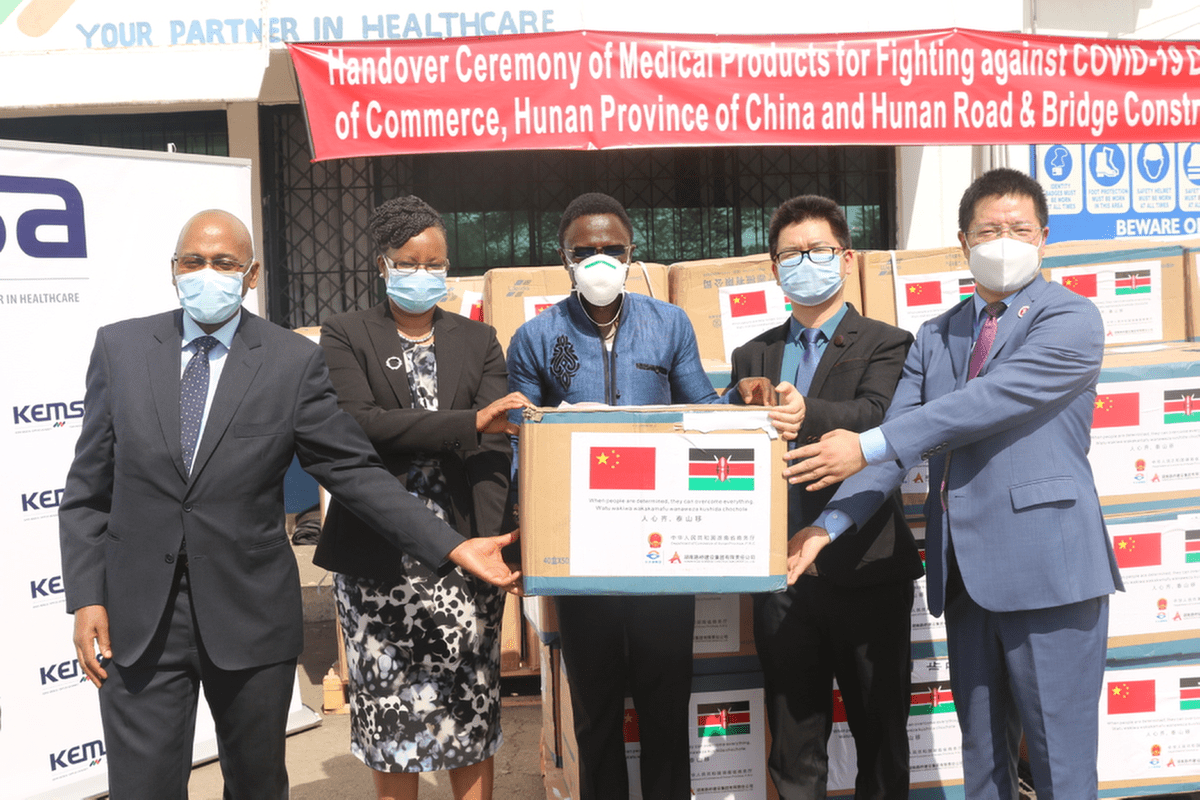The Angolan economy, in recession for five consecutive years, has been hard hit by the recent drop in oil prices. The resource makes up 95 per cent of exports and two-thirds of government revenue. According to the IMF, Angola’s debt-to-GDP ratio is projected to be 123 per cent at the end of this year. The IMF report said a debt reprofiling deal signed in June with one of the major creditors would provide Angola with a three-year moratorium on principal payments. The repayment of deferred principal – falling due between the second half of 2020 and 2023 for the largest facility – would be repaid over seven years after the grace period.

An agreement with a second large creditor was being worked out with a similar reprofiling of principal payments, the report added. The IMF declined to name the creditors referred to in its report, but analysts said the deals involved Chinese lenders, including China Exim Bank, China Development Bank (CDB) and the Industrial and Commercial Bank of China (ICBC).
Beijing has not made public any debt relief provided for Angola, although it had reached agreement with more than 10 countries by the end of July, according to China’s foreign ministry. According to the foreign ministry, Beijing had received more than 20 requests since the G20’s debt freeze agreement was adopted in April. China has not said which countries have benefited from debt relief.
Mark Bohlund, a senior credit research analyst at New York-based REDD Intelligence, said China had agreed to reprofile the debt from China Exim Bank “but is still opposed to reprofiling the loans from China Development Bank without similar operations being undertaken on commercial debt from other nations”. CDB had advanced about US$15 billion of the US$20 billion owed to Chinese creditors at the end of 2019, according to REDD Intelligence.
The World Bank, supported by the G7 members, wants this debt included in the Debt Service Suspension Initiative (DSSI), a G20 deal that offers relief for payments due between May and December this year to 73 low-income countries – mostly in Africa and some in Asia – affected by the coronavirus pandemic. CDB mainly provides loans at commercial, rather than concessional, terms, “which is presumably why Beijing argues that it should be treated in the same way as other commercial lenders”, Bohlund said. Chinese Finance Minister Liu Kun said recently the World Bank “should lead by example in suspending debt service” and take part in the G20 debt deal but this has been resisted by other World Bank/IMF members.


